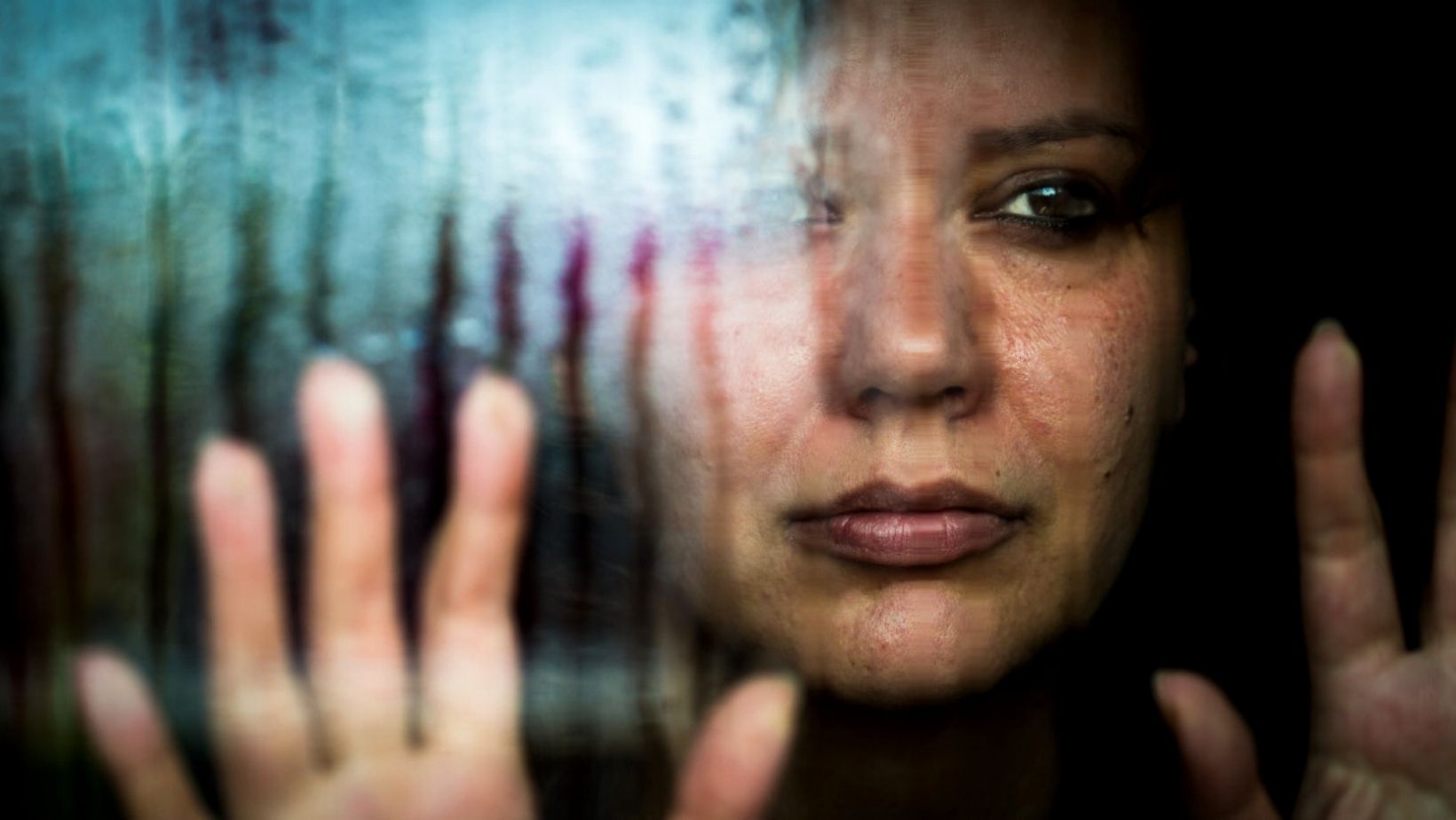Why the Czech Republic Has Not Ratify Istanbul Convention on Violence Against Women

It once seemed relatively uncontroversial: a 25-page document meant to reduce violence against women across Europe.
But a decade later, the initiative, known as the Istanbul Convention, has unexpectedly become a proxy fight for the larger culture wars brewing between East and Western Europe.
One by one, Eastern European countries are turning their back on the document, claiming it will erode their version of “family values.”
Turkey, which hosted the convention that produced the document, will withdraw from the convention on July 1. Poland has signaled it is questioning the agreement.
The Czech Republic, Hungary, Bulgaria, signed the document, but haven’t translated its provisions into law.
Czech opposition to ratification has grown due to concerns that it aims to undermine “traditional family values”: for example, that is promoting same-sex marriage, or would legally-recognise “third sex” status, or automatically grant “refugee” status to transgender or intersex people.
“When [the Czech Republic] put its signature to the Convention, a few years ago, there was no such discussion here. But in between, many things happened and now the society is divided. Many people when they hear ‘Istanbul Convention’ directly think it has something to do with migration or the effort to legalise homosexual marriages in the Czech Republic,” said Dr. Hana Stelzerová is director of the Czech Women’s Lobby.
“So, it’s a mixture of things – none of them is in the Convention, but because we don’t often use the term ‘gender’, which is mentioned in the Convention, people are twisting the meaning of this word.”
The division is a concerning development to many European officials and women’s rights advocates, raising questions about the Continent’s ability to effectively protect against gender-based violence and driving a further wedge between progressive and conservative forces in Europe. In the process, they warned, women’s lives are being put at risk.
“This is not just against the Istanbul Convention, it is also an anti-European, and an anti-EU gesture,” said Daniel Höltgen, spokesperson for the Council of Europe, the international organization of 47 European states that produced and oversees the convention. “It’s traditionalists against progressives in Europe.”
Höltgen added: “The convention is against violence against women and nothing else.”
The convention, which came into force on August 1, 2014, was initially signed by the 45 Council of Europe member countries and the EU as a bloc. After that, Turkey was the first country to ratify the convention, and 21 EU countries followed. In 2017, the EU signed the document and started working to ratify it as a bloc. In total, 34 EU and non-EU countries have ratified the convention.
The document was intended to provide the bloc and other non-EU signatories with legally binding standards to “protect women against all forms of violence,” including sexual harassment, stalking and forced marriage.
Support Prague Morning!
We are proud to provide our readers from around the world with independent, and unbiased news for free.
Our dedicated team supports the local community, foreign residents and visitors of all nationalities through our website, social media and newsletter.
We appreciate that not everyone can afford to pay for our services but if you are able to, we ask you to support Prague Morning by making a contribution – no matter how small 🙂 .




